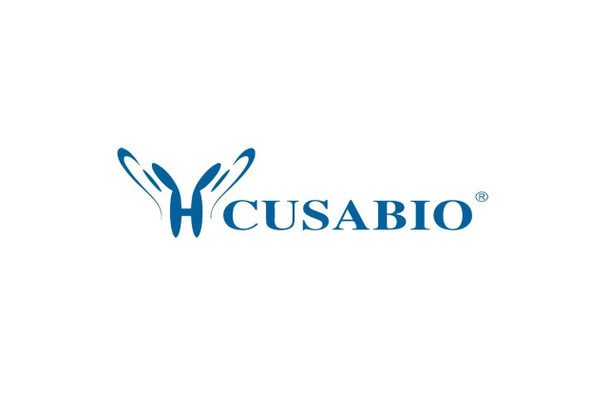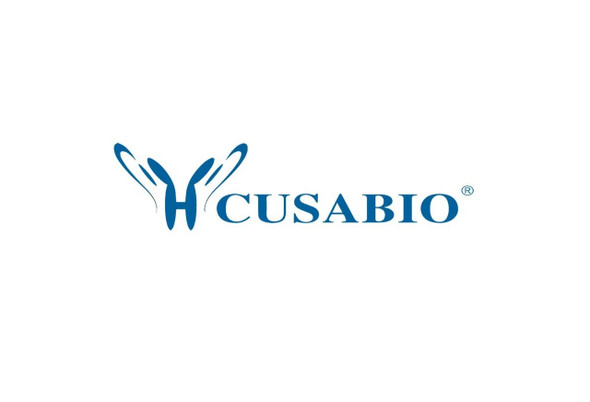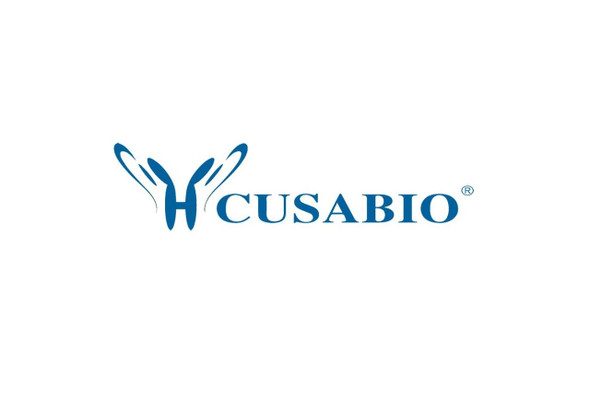Cusabio Monoclonal Antibodies
KRT5 Monoclonal Antibody | CSB-MA550667
- SKU:
- CSB-MA550667
- Availability:
- 3 to 7 Working Days
Description
KRT5 Monoclonal Antibody | CSB-MA550667 | Cusabio
KRT5 Monoclonal Antibody is Available at Gentaur Genprice with the fastest delivery.
Online Order Payment is possible or send quotation to info@gentaur.com.
Product Type: Monoclonal Antibody
Target Name: KRT5
Aliases: Keratin, type II cytoskeletal 5 (58 kDa cytokeratin) (Cytokeratin-5) (CK-5) (Keratin-5) (K5) (Type-II keratin Kb5) , KRT5
Relevance: cytoplasm, cytosol, extracellular exosome, intermediate filament, keratin filament, membrane, nucleus, scaffold protein binding, structural constituent of cytoskeleton, cornification
Isotype: IgG2a, Kappa
Conjugate: Non-conjugated
Clone Number:
Uniport ID: P13647
Alternatives To SCBT: #N/A
Host Species: Mouse
Species Reactivity: Human
Immunogen: Synthesized peptide derived from human Cytokeratin 5
Immunogen Species: Homo sapiens (Human)
Applications: ELISA, IHC
Tested Applications: ELISA, IHC; Recommended dilution: IHC:1:20-1:200
Purification Method: The antibody was affinity-purified from mouse ascites by affinity-chromatography using specific immunogen.
Dilution Ratio1: IHC:1:20-1:200
Dilution Ratio2:
Dilution Ratio3:
Dilution Ratio4:
Dilution Ratio5:
Buffer: Liquid in PBS containing 50% glycerol, 0.5% BSA and 0.02% sodium azide.
Form: Liquid
Storage: Upon receipt, store at -20°C or -80°C. Avoid repeated freeze.
Initial Research Areas: Signal Transduction
Research Areas: Signal Transduction









